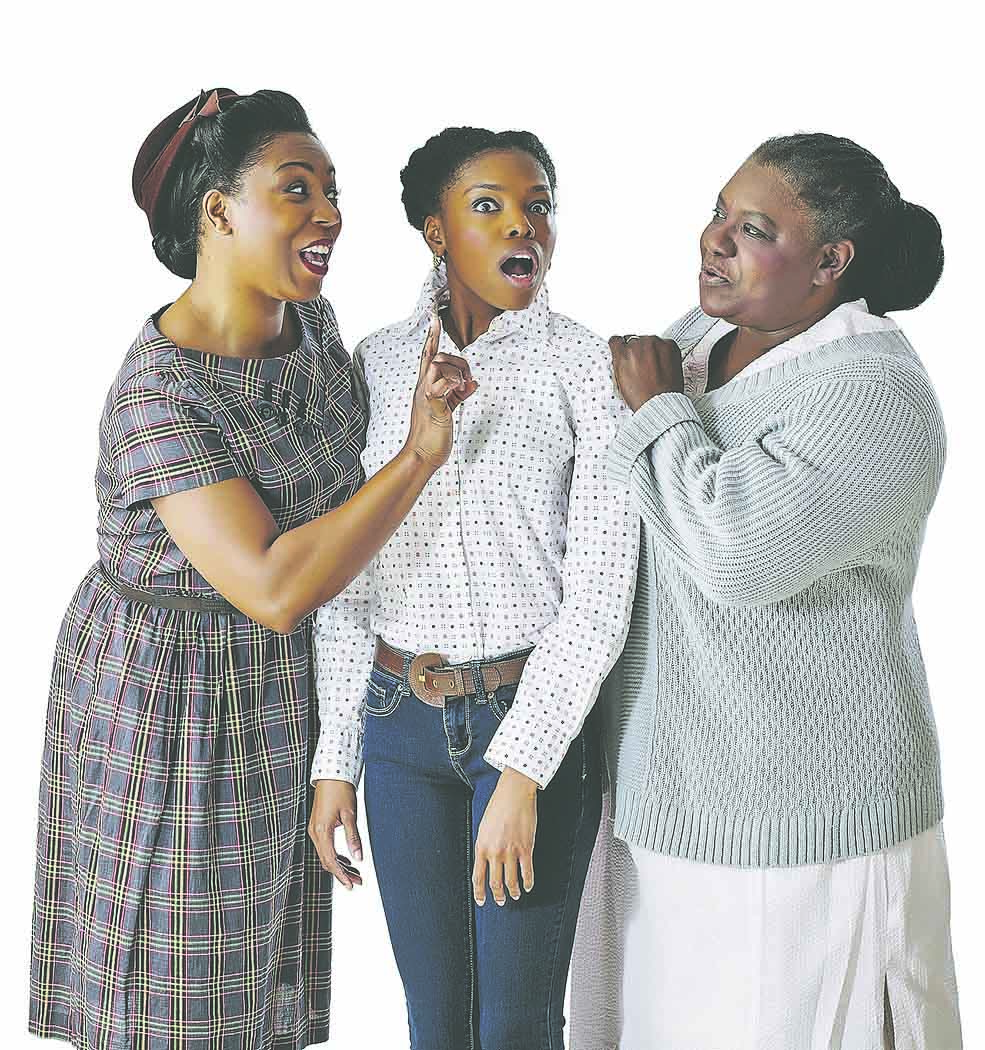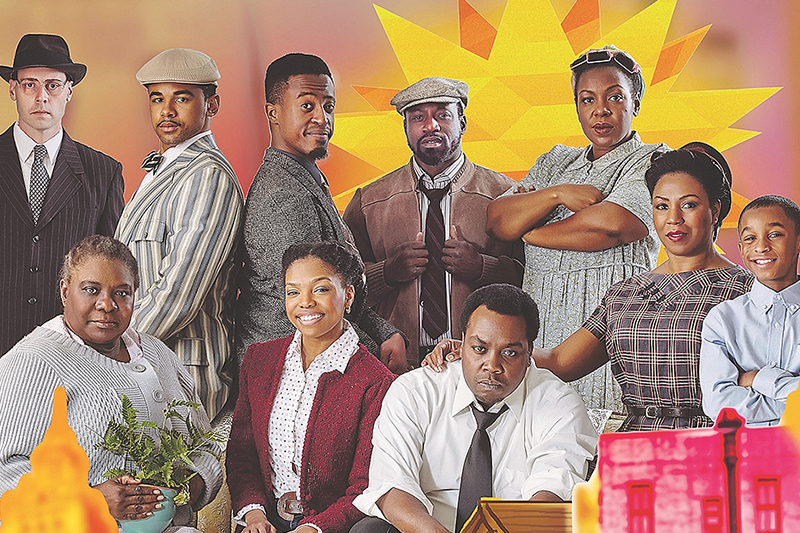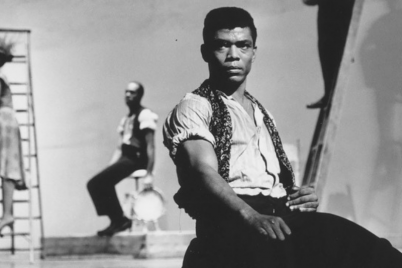BY FRANK DROUZAS, Staff Writer
ST. PETERSBURG — American Stage’s production of “A Raisin in the Sun” shines brightly with a cohesive cast that comes together to deliver a dazzling yet hard-hitting performance.
“A Raisin in the Sun” has been extended through Feb. 25. For complete show times and ticket information, visit americanstage.org or call (727) 823-7529.









